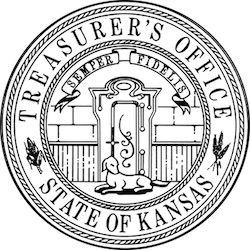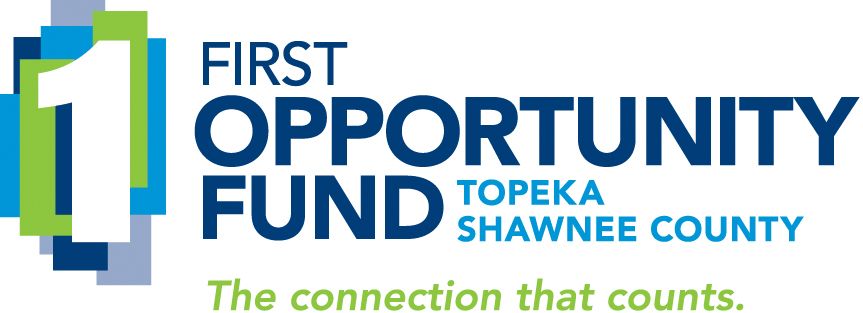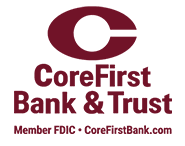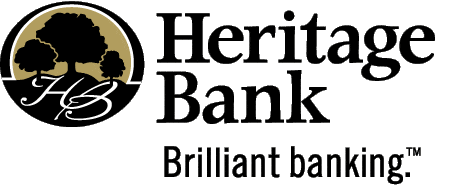
A recent survey with Banktastic’s National Millennial Advisory Board reveals many millennials recognize the importance of an estate plan—even if they haven’t taken steps to put plans in place.
This research uncovers not only what they’re doing, but why they are doing it—or avoiding it.
The findings highlight an important opportunity for financial institutions to better serve their customers in one of life’s most sensitive areas.
An intention–action gap
Survey participants overwhelmingly ranked core elements of estate planning, such as wills, designated beneficiaries and guardianship of dependents, as “essential.”
Still, fewer than half actually have these items in place.
“I simply haven’t made the time to do it. I think it’s expensive and I’m intimidated by the process,” said one respondent.
“We didn’t want to burden our family members in the event of a tragedy and we knew it was one of those things that would be really easy to procrastinate on,” said another.
That tension—knowing it matters but delaying action—is common throughout the results.
Life events spark planning by millennials
The data show that major life events—having children, getting married, buying a home, or experiencing the loss of a loved one—often serve as the tipping point.
“Once I had children, I wanted to ensure my plans were documented so my wishes for their care and funding were set in stone,” said one advisory board member.
Another noted: “When my mom died, she didn’t have any of these things in place … we ended up in a very expensive and long probate trial. These are things I want to avoid for my children.”
For others, work benefits or military service prompted action. One respondent explained, “Had to before military deployment.” These moments of change make estate planning more real—and more urgent.
The four biggest barriers to Gen Y estate planning
For those who have not made estate plans, the survey reveals four consistent barriers:
- Perceived cost. Many respondents assume estate planning is prohibitively expensive.
- Complexity. Some simply don’t know where to begin or feel intimidated.
- Timing. Others believe they are “too young” or don’t yet have enough assets to make it necessary.
- Misconceptions. Several noted they felt writing everything down would be sufficient.
“I have written it in a death planning book that my spouse knows about but I have not gotten around to filing official documents yet. Too expensive.”
“It seems overwhelming.”
“I wish I had a form to help with the funeral planning. That’s something else that I’d like to do.”
Several noted being aware that their pets would need to be provided for when they’re gone.
Confusion over cost
When asked what they thought estate planning might cost, answers ranged from as little as $75 to as much as $20,000.
“I have literally no idea. Maybe a few thousand? Depending on the amount of assets and what is going to be created,” said one respondent.
This wide disparity shows that cost uncertainty is a major obstacle. For many, the assumption of “thousands of dollars” may be enough to keep them from moving forward, especially for those who are burdened with student debt, are low wage earners or not experiencing financial wellness because of the economy and other issues.
Would free estate planning services attract millennial customers?
Survey participants were asked whether free estate planning services offered by a financial institution would matter to them. The responses reveal another  opportunity.
opportunity.
Many said yes—they would find it valuable and even consider switching institutions for such a benefit. As one participant explained, “Yes, I think estate planning is critical, and having it offered through a financial institution would definitely be an added value.”
Others appreciated the idea but were skeptical it could be offered well without hidden costs or strings attached.
For financial brands, the takeaway is clear: free or discounted estate planning can be a powerful differentiator, but transparency and simplicity are key. If promoted authentically, it could strengthen loyalty and serve as a customer acquisition strategy.
Opportunities for financial brands
Millennials want to plan, but find it intimidating. They don’t know how, when or at what cost. Banks, credit unions and investment advisors can play a meaningful role in bridging this gap.
- Educate with clarity. Provide simple explanations of estate planning basics—what’s essential, what can wait, the tax and personal consequences of not having one and how much it really costs.
- Connect to life events. Link estate planning conversations to milestones like marriage, new children, homeownership or job change or promotion.
- Offer meaningful support. Free or subsidized estate planning services may tip the scale for hesitant customers, but only if presented with transparency. Don’t come across as a bait-and-switch huckster.
- Make it feel like care, not paperwork. Frame estate planning as an act of love and responsibility for family, rather than just a legal formality.
- Don’t come across as judgmental. Millennials fear being judged for not knowing something.
Estate planning is about much more than wealth (or lack of it)
Estate planning isn’t just about managing wealth—it’s about providing peace of mind, avoiding unnecessary burdens for loved ones and ensuring wishes are honored.
Banktastic’s research shows that millennials are thinking about it, but they need help overcoming uncertainty and inertia. Financial institutions that step forward with guidance, education and even tangible services like free estate planning will not only meet a need, they’ll earn deeper trust and loyalty.
Do you need to test your products, programs or marketing with millennials? The Banktastic National Millennial Advisory Board is available for custom research studies including our Quick Pulse queries. For help, book a meeting with Martha Bartlett Piland, CFMP now.
photo credits from Unsplash: green door by Roberta Sant'Anna • baby by Getty Images
























